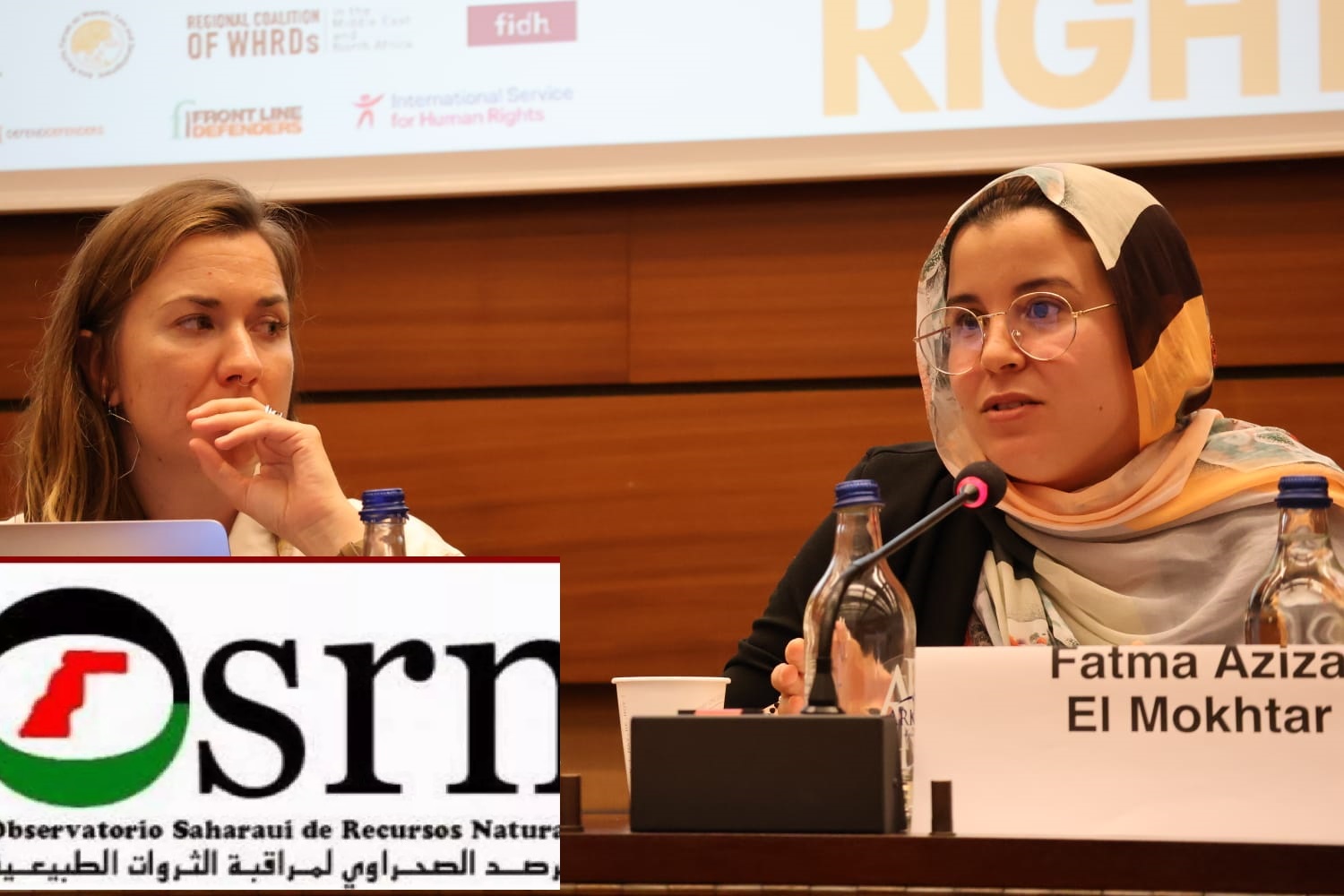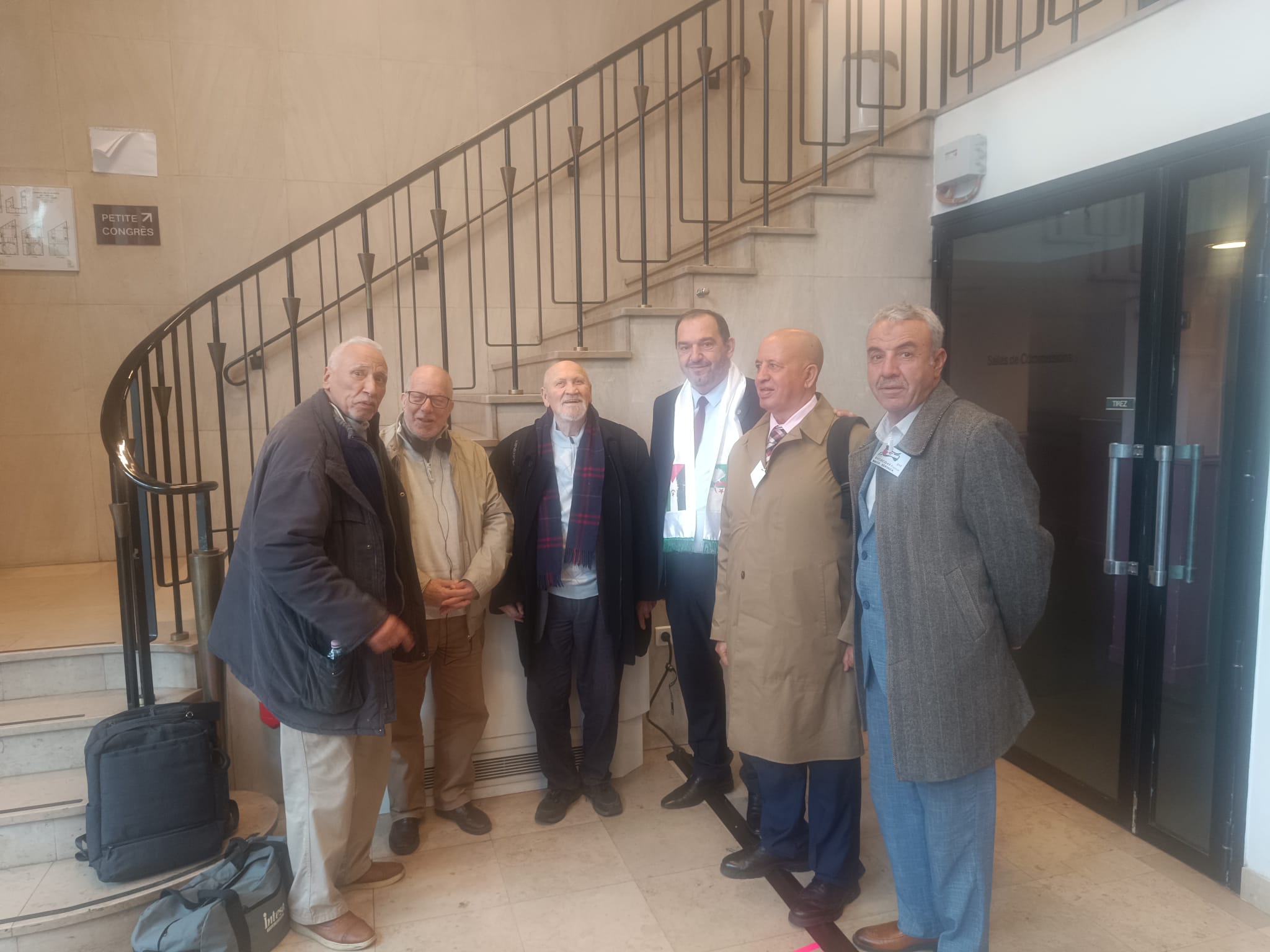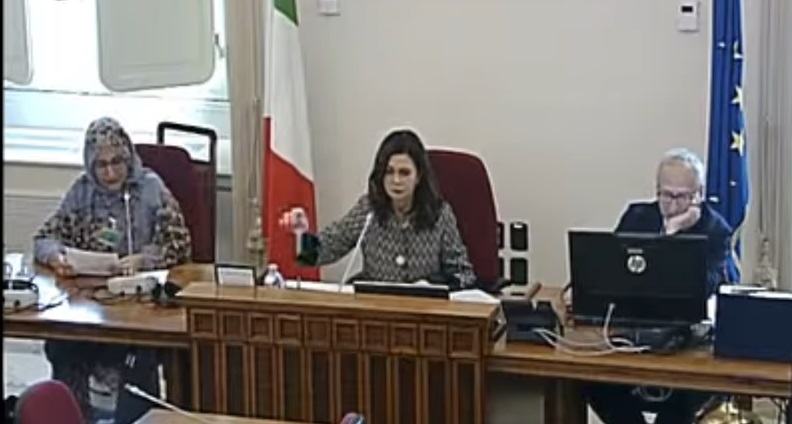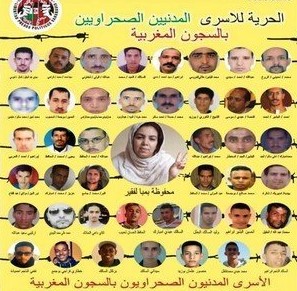
Chahid Elhafed (Sahrawi Republic) 18 January 2025 (SPS) – The Sahrawi Natural Resources Watch (Observatorio Saharaui de Recursos Naturales-OSRN) announced in a statement this Saturday morning, the appointment of Ms. Yaguta Mokhtar as its new General Coordinator.
The appointment of Yaguta Mokhtar is an important step towards enhancing the Watch’s efforts to protect the natural resources of Western Sahara and defend the legitimate rights of the Sahrawi people as guaranteed by international law. The new coordinator has accumulated considerable experience in civil society activism through her membership in several national mass organizations and international associations.
The Watch was established in April 2013 in Chahid El Hafed by a group of Sahrawi experts and human rights defenders advocating for the economic rights of the Sahrawi people. Its mission is to monitor and document the Moroccan exploitation of Western Sahara's natural resources and assess the environmental impacts of such exploitation on the region.
Over the years, the Watch has published statements and reports highlighting various aspects of Moroccan and European plunder of Western Sahara’s natural resources. It has also participated in numerous national and international activities to raise awareness of this issue.
In recent years, the Watch has focused on monitoring Morocco’s exploitation of renewable energy resources. The Moroccan occupying power uses green energy projects in the occupied territories as part of its attempt to legitimize its illegal military occupation of the region, a practice referred to as "greenwashing."
These projects account for nearly half of all green energy initiatives undertaken by Morocco, involving numerous multinational corporations and states. Morocco leverages these ventures to economically and politically implicate them in its colonial agenda in Western Sahara.
Western Sahara is very rich in diverse natural resources, the most notable being phosphate. Located in the Bou Craa region, one of the world's largest phosphate mines was discovered in 1947. Morocco exploits this mine to dominate the global trade of this vital material, crucial for agriculture and other key industries.
The mine’s reserves are estimated at around 2 billion tons according to Moroccan sources, while other reports suggest reserves could reach 10 billion tons, representing 28.5% of global phosphate reserves. Phosphate from Bou Craa has a purity level of 72-75%, compared to less than 20% for Moroccan phosphate from the Khouribga region. Additionally, Sahrawi phosphate benefits from its proximity to the Atlantic Ocean, facilitating its export.
In addition to phosphate, geological studies indicate promising reserves of oil and gas in Western Sahara, particularly in sedimentary basins like the Aaiun-Tarfaya Basin and the Mauritanian-Senegalese Basin.
Other minerals, such as iron, have also been discovered, with reserves estimated at around 4.6 billion tons, containing metallic concentrations ranging between 38% and 65%. These ores also include valuable elements like titanium and vanadium, essential for the aerospace and electronics industries.
Moreover, Western Sahara’s marine resources are subject to significant plundering by Morocco, with substantial backing from various European and Asian countries, despite the region’s legal status as a militarily occupied territory. International law prohibits the exploitation of Western Sahara’s resources by the occupying power.
The Sahrawi coastline is one of the richest fishing areas in the world, hosting more than 200 marine species, including sardines and octopuses, making it a vital economic resource.
Moroccan and European companies exploit these resources through controversial fishing agreements, such as the Morocco-EU partnership agreements, which include Western Saharan territorial waters despite clear rulings by the European Court of Justice declaring such inclusions illegal due to the region’s occupied status.
The volume of marine resources exploited annually amounts to hundreds of thousands of tons, depleting these resources to the detriment of the Sahrawi people, who are denied the right to benefit from them under the ongoing occupation. (SPS)
090/500/60 (SPS)



